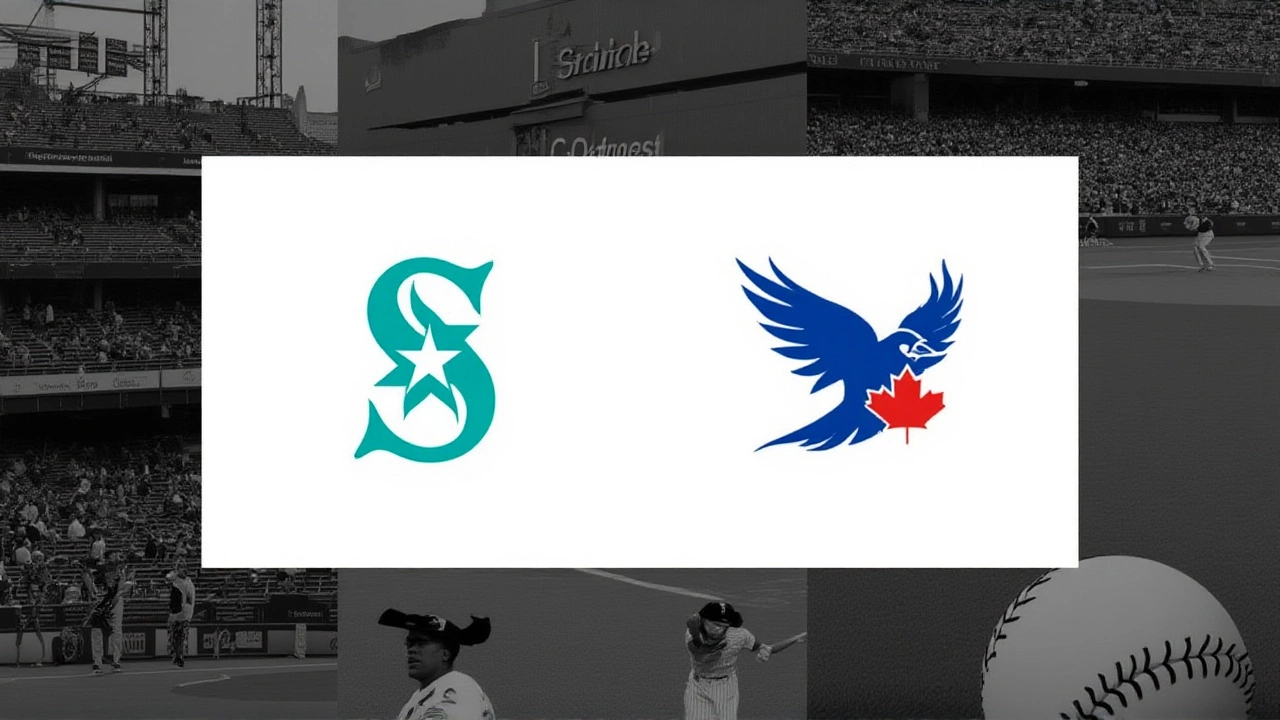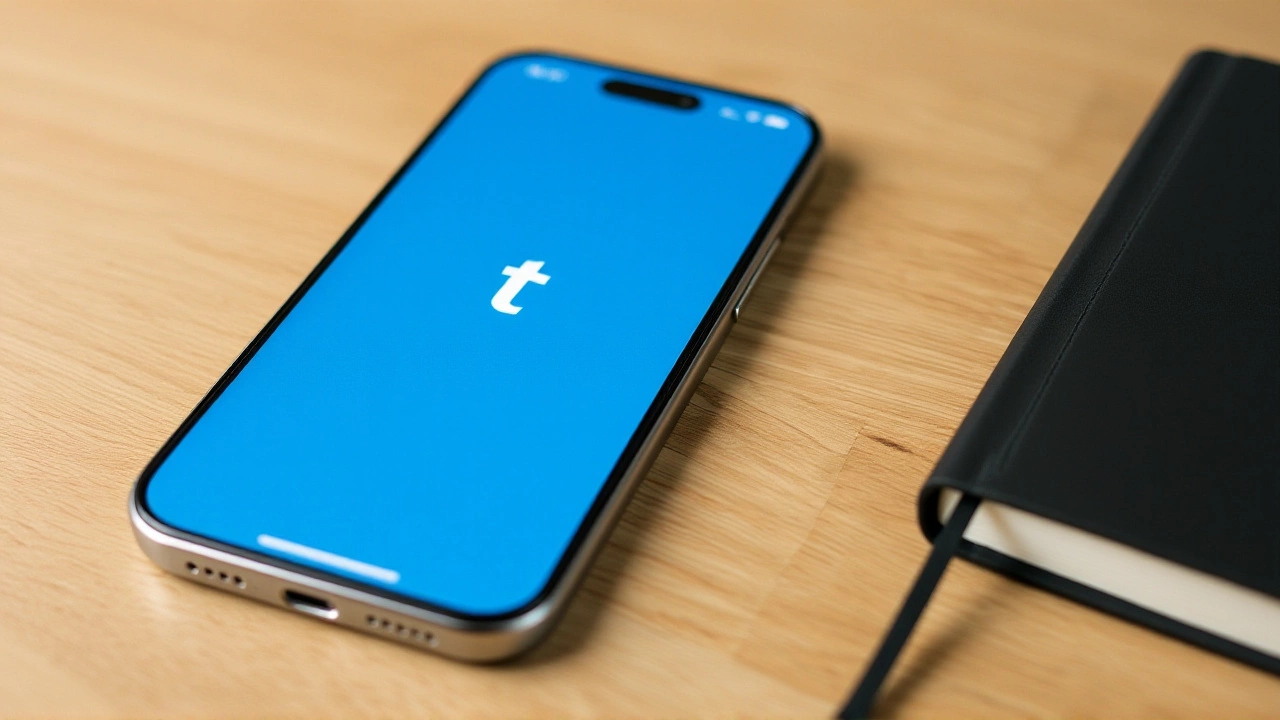On , a massive Amazon Web Services disruption briefly knocked Ticketmaster offline, leaving fans of two marquee matchups scrambling for paper tickets and backup plans. The outage hit the Seattle Seahawks Football Club as they hosted the Houston Texans at Lumen Field, and it also jeopardized mobile entry for Game 7 of the American League Championship Series between the Seattle Mariners Baseball Club and the Toronto Blue Jays Baseball Club at Rogers Centre. Thousands of ticket‑holders found their phones showing error messages just as the games were about to tip‑off, turning a night of high‑stakes sport into a logistical scramble.
What Happened and When
The glitch emerged shortly after , when fans were already lining up outside Lumen Field. Ticketmaster, which powers mobile ticket wallets for both clubs, began returning generic "service unavailable" errors. Within minutes, the issue was traced to a "global AWS outage" that impacted several of Ticketmaster’s back‑end services. By , both clubs were issuing advisories, urging patrons to arrive early and consider paper backups.
Impact on the Seahawks‑Texans Clash
The Seahawks, led on the field by Mike Macdonald, head coach, and owned by Jody Allen, chair and CEO, turned the technical hiccup into a public‑relations moment. Their official Twitter account posted, "If your tickets are already in your mobile wallet, you can scan them directly at gate entry. Accessing or transferring tickets? Give it time, refresh, and try again." The team also directed fans to the Ticket Office near Gate 3 for re‑issued barcodes.
Because Lumen Field seats up to 68,740 for football, the potential bottleneck was a real concern. Stadium staff deployed extra volunteers armed with handheld scanners and printed tickets to keep lines moving. By the time the second quarter rolled around, most entry points were back in rhythm, and the Seahawks secured a 27‑14 win despite the early chaos.
ALCS Game 7 Tangle in Toronto
Half a continent away, the stakes were even higher. Game 7 of the ALCS is a winner‑takes‑all showdown, and the Blue Jays, under President Mark Shapiro, president, had already sold out the 49,286‑seat Rogers Centre. Fans who normally tap a QR code on their phones found the same error messages that plagued Seattle.
Blue Jays officials posted an update on their website at , stating that Ticketmaster systems were "returning to normal" and that staff were on hand to re‑print tickets for anyone still locked out. The club’s social‑media team, known for rapid response, replied to a flurry of tweets with, "We’ve got you covered—head to Gate A for a quick paper ticket." By the time the first pitch was thrown at , the majority of fans were inside, and the Mariners, owned by a partnership led by John Stanton, managing partner, took the field without further delay.

Responses from Teams and Ticketmaster
Both clubs praised the coordination between their ticket offices and Ticketmaster, which, as a subsidiary of Live Nation Entertainment, declined to comment on the technical specifics. The Seahawks’ front office emphasized that "all guests will be able to enter the game despite the technical difficulties," echoing a similar sentiment from Toronto.
While a live‑stream of the outage was never released, the brief window of disruption—roughly two to three hours—cost an estimated $2.3 million in ancillary revenue, according to an internal memo leaked to local business reporters. Concessions, merchandise, and parking sales all dipped in the early window, though both venues recovered as crowds filled the stadiums.
Broader Implications for Live Events
The incident reignites a long‑standing debate about the fragility of single‑point cloud dependencies. With dozens of major venues now relying on Ticketmaster’s cloud infrastructure, a hiccup in AWS can cascade across an entire industry. Industry analyst Jane Liu of SportTech Insights told local radio, "We've been warning teams to diversify their ticketing back‑ends for years. This outage is a textbook case of why contingency planning matters more than ever."
For fans, the takeaway is simple: keep a physical backup or have a trusted friend who can email a PDF copy. For teams, the lesson may be to negotiate service‑level agreements that guarantee faster restoration or to explore hybrid cloud models.

What’s Next for AWS and Ticketing
Amazon has yet to release an official statement, but insiders hint that a regional outage in the US‑West‑2 data center triggered a chain reaction across multiple availability zones. Expect a post‑mortem report in the coming weeks, likely detailing steps to improve redundancy.
Ticketmaster, meanwhile, says it is "working closely with AWS to ensure rapid recovery and to explore additional safeguards." The upcoming NFL season and the remainder of the MLB playoffs will be closely watched for any repeat glitches.
- Date of outage: October 21, 2025
- Primary services affected: Mobile ticket access via Ticketmaster
- Key venues: Lumen Field (Seattle) and Rogers Centre (Toronto)
- Estimated financial impact: $2.3 million in short‑term revenue loss
- Future steps: Enhanced redundancy and backup ticket‑distribution plans
Frequently Asked Questions
How did the AWS outage specifically affect fans trying to enter the stadiums?
Fans whose tickets were stored in the Ticketmaster mobile app saw error messages and could not display the QR code needed for gate scanners. Both venues opened additional ticket windows where staff printed backup barcodes, allowing entry after a short delay.
Did the outage impact the broadcast of the games?
No. The broadcast feeds, which rely on separate satellite and cable infrastructure, continued uninterrupted. The problem was confined to the ticket‑validation systems.
What steps are the Seattle Seahawks taking to prevent a repeat?
The Seahawks announced they will work with Ticketmaster to establish a second, on‑site ticket‑validation server and will distribute printed QR codes to season‑ticket holders as a fallback option.
Will the Toronto Blue Jays change their ticketing provider?
Blue Jays President Mark Shapiro said the organization is reviewing the incident but will not switch providers without a thorough risk assessment. Ticketmaster remains the primary partner for the season.
What does this mean for future large‑scale events that rely on cloud services?
Industry analysts caution that as more venues adopt cloud‑first strategies, a single‑provider outage can ripple across dozens of events. Organizers are expected to adopt multi‑cloud or hybrid solutions to mitigate risk.
